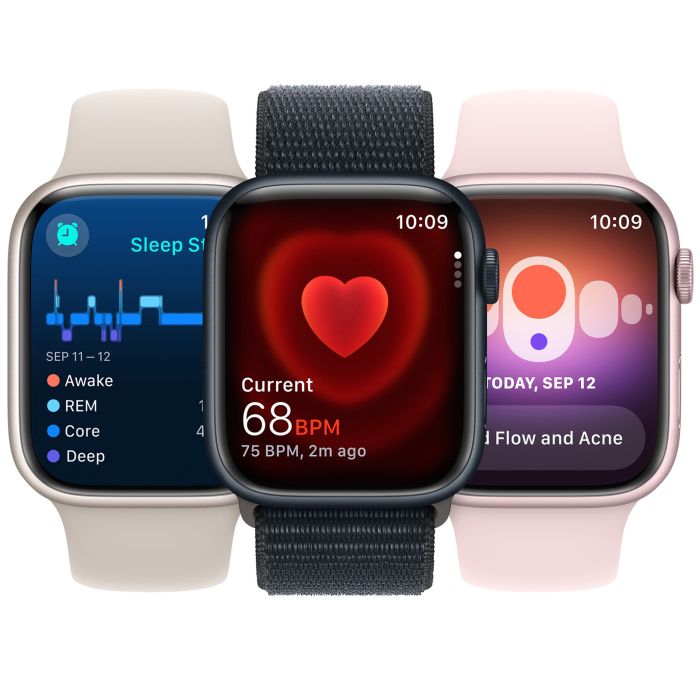We live in a hyper-connected world where smartphones have become indispensable tools for communication, information, and entertainment. But when does our reliance on these devices cross the line into addiction? Smartphone addiction is a growing concern, with potentially serious consequences for our mental health, relationships, and overall well-being.

Spotting the Signs:
It’s easy to dismiss excessive phone use as a harmless habit, but recognizing the signs of smartphone addiction is crucial for taking back control. Ask yourself these questions:
- Do you feel anxious or restless when you’re away from your phone?
- Do you find yourself constantly checking your phone, even when there’s no notification?
- Do you spend more time on your phone than you intend to?
- Have your relationships or work suffered because of your phone use?
- Do you use your phone as a way to escape from problems or negative feelings?
- Do you feel irritable or withdrawn when you can’t use your phone?
- Have you tried to cut back on your phone use but failed?
If you answered yes to several of these questions, you might be struggling with smartphone addiction.

The Impact of Phone Addiction:
Excessive phone use can have a significant impact on various aspects of your life:
- Mental Health: Increased anxiety, depression, sleep disturbances, and difficulty concentrating.
- Physical Health: Eye strain, headaches, neck pain, and even carpal tunnel syndrome.
- Relationships: Neglecting face-to-face interactions, decreased intimacy, and conflicts with loved ones.
- Productivity: Reduced focus, procrastination, and difficulty completing tasks.
- Sleep: Disrupted sleep patterns due to blue light exposure and late-night scrolling.

Breaking Free: Solutions and Strategies:
Overcoming smartphone addiction requires conscious effort and a willingness to change your habits. Here are some strategies to help you break free:
- Set Limits: Establish specific times for phone use and stick to them. Use app timers or built-in features to limit your daily usage.
- Create Phone-Free Zones: Designate certain areas, like your bedroom or dining table, as phone-free zones.
- Turn Off Notifications: Disable non-essential notifications to reduce distractions and the urge to constantly check your phone.
- Find Alternative Activities: Engage in hobbies, exercise, or spend time in nature to replace phone time with more fulfilling activities.
- Practice Mindfulness: Be present in the moment and resist the urge to reach for your phone out of habit.
- Seek Support: Talk to a therapist or counselor if you’re struggling to manage your phone use on your own.
- Digital Detox: Consider taking a short break from your phone to reset your habits and reconnect with the offline world.

Taking Back Control:
Smartphone addiction is a real issue, but it’s not insurmountable. By recognizing the signs and implementing strategies to manage your phone use, you can regain control of your time, attention, and well-being. Remember, your smartphone is a tool, not your master. Use it mindfully and intentionally to enhance your life, not detract from it.




